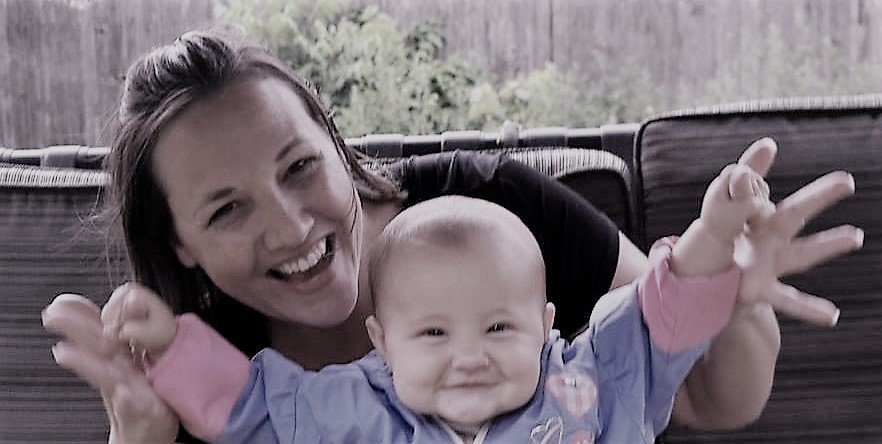Teenage Mental Health is
Associated with B-Vitamins
Zara Fagen, PhD, ND
October 18, 2012
Teenage mental health is a hot topic, not only because of horrifying headlines, but also because 75% of adult mental illness will begin before a person reaches 24 years old.
Almost 50% of the adult population in Western countries will struggle with mental health disorders during some time in their life, making the statistics, and the social ramifications staggering.
It is well known that adolescent mental health disorders are more likely in teens with poor nutrition. So it is no surprise that in Westernized societies – societies that are increasingly consuming diets with poor nutritional profiles - mental health disorders are on the rise.
It is believed that developing young brains are more susceptible to nutritional deficiencies, making those teenage years particularly critical. To compound the problem, those are the years when children have more control over their own diet, and more potential to make poor food choices that sabotage their own health.
In a recent paper published in Preventative Medicine, researchers in Australia looked at the diets of 835 adolescents that were 17 years old, as well as their mental health and behavior. All data was collected via self-reported surveys.
There were many variables that could contribute to mental health that researchers had to consider. For example, adolescents with the highest scores for mental health and behavioral problems were more likely to exercise less often, have a higher BMI, consume more alcohol, come from a family with more discord, be from a lower income family, and have a mother who had been treated for a mental health disorder.
However, after researchers adjusted for these other variables, teenagers with low intakes of vitamins B1, B2, B3, B5, B6 and folate were more likely to exhibit behavioral problems. Specifically, inadequate consumption of these B vitamins was associated with “externalizing” behaviors like aggression and delinquency.
Low intake of vitamins B6 and folate were associated with “internalizing” behaviors such as depression, anxiety, or being withdrawn.
Previous studies have shown that young prisoners and delinquent school children show behavioral improvements with a B vitamin and mineral supplement.
Similarly, previous studies have also confirmed the association between low B6 and folate intake with depression. In fact, randomized controlled clinical trials have used folic acid to improve the efficacy of antidepressants.
While this study cannot prove that a vitamin B deficiency may
be causing mental health or
behavioral problems, when taken along with previous studies, it strengthens the
link between nutrient intake and mental health.
It cannot be ruled out that mental health and behavioral problems are causing the individual to make poor dietary choices, and therefore the link demands further investigation.
It is also unclear whether these dietary choices during childhood, when brain function is still developing, have a lasting effect on mental health, or whether teenage mental health disturbances can be reversed later in life with dietary changes.
Raw spinach, broccoli, dulse, kelp, salmon, parsley, black beans, buckwheat flour, sunflower seeds, bananas, green peas and bee pollen are just a few great natural sources of B-vitamins.
What do you think about the link between diet and mental health? I know that my moods and energy are affected by my food choices, so could diet actually be therapeutic? Please share your experiences and opinions below…
Read more about Antidepressants during Pregnancy May Cause Autism
Read more about 25 Foods to Replace Your Multivitamin
Return to Current Science News from The Association Between Teenage Mental Health and Vitamin B.
Go to The Science of Natural Health Homepage from Teenage Mental Health and Vitamin B.
References:
Herbison, CE, S Hickling, KL Allen, TA O’Sullivan, M Robinson, AP Bremner, RC Huang, LJ Beilin, TA Mori, WH Oddy. “Low intake of B-vitamins is associated with poor adolescent mental health and behavior.”
Note: This page may contain
affiliate links. You get the great product that I would recommend
anyway at the normal price, and I get a few pennies to to support my
love for Sharing the Science. You can check out my Privacy Policy, too.
I'm Zara, PhD
Hello. I'm a neurobiologist turned mother and business owner, sharing the science of natural health and putting it into practice. More...





New! Leave a Comment